Ji Liu - Piano Reflections: an album guide
An exciting new pianist, an exciting new album - Ji Liu's debut recording is chock full of inventive takes on some pianistic stalwarts.
-

1. Mendelssohn - A Midsummer Night's Dream (trans. Rachmaninov)
Take an incredible symphonic piece from Mendelssohn and let someone as wildly inventive and virtuosic as Rachmaninov transcribe it for piano, and you've got nothing short of a firework display. Ji Liu sounds brilliantly excitable here, a fine way to introduce himself on record.
-

2. Chopin - Nocturne in E flat, Opus 9 No. 2
A delicate waltz, delicately played and given a new emotional spin by this fresh young talent.
-
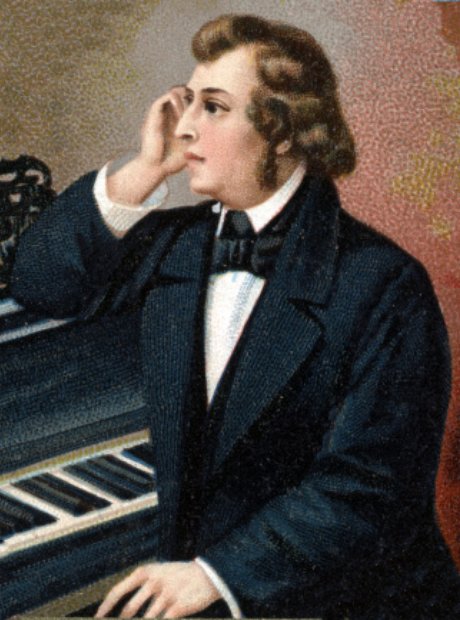
3. Chopin - Nocturne in C minor, Opus 48 No. 1
One of Chopin's stormier Nocturnes brings a great depth out of Liu's piano playing - it's both sensitive and bracing in very short spaces of time, and the transitions are mind-blowing.
-
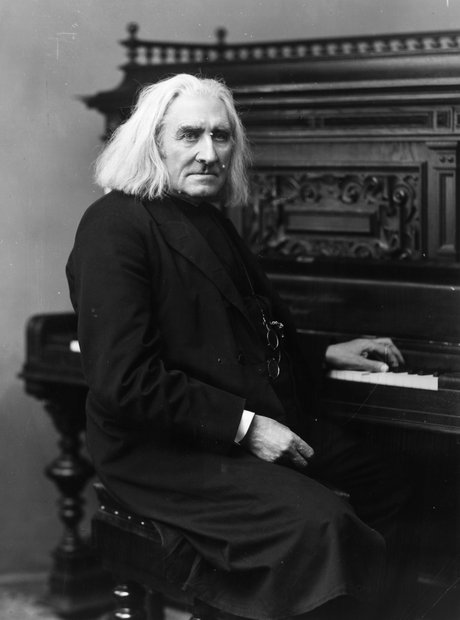
4. Liszt - Liebestraum No. 3
This is Liszt at his most romantic and it shows Liu in a very comfortable guise. Clearly the young pianist has no trouble accessing his inner romantic, and is able to bring out new shades of emotion in this often-interpreted classic.
-

5. Beethoven - Piano Sonata No. 14 in C sharp minor ('Moonlight'), adagio sostenuto
This is a very brave choice for the centrepiece of the whole collection - one of the most famous piano sonatas in history. But, somehow, Liu manages to coax his own personal interpretation out in a piece that pianists so often struggle to bring anything new or different to.
-
-

6. Beethoven - Piano Sonata No. 14 in C sharp minor ('Moonlight'), allegretto
The second movement sees Liu enjoying the chiming lower notes in the left hand, bringing real weight to the piece.
-
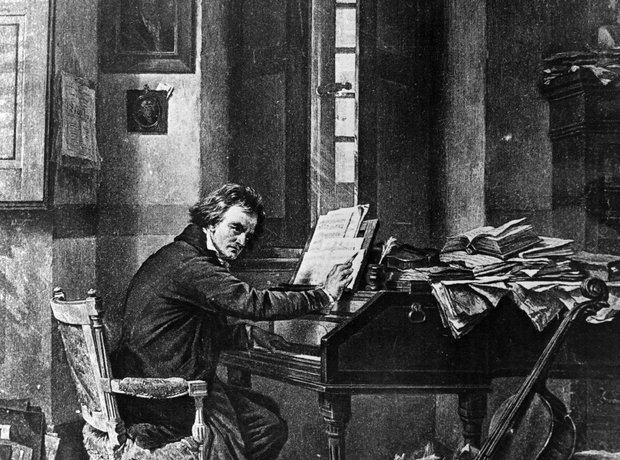
7. Beethoven - Piano Sonata No. 14 in C sharp minor ('Moonlight'), presto agitato
This is very much an 'agitato' interpretation, and all the stronger for it. Liu races through this final movement with considerable fire, proving that he's more than capable of bringing the darker elements of the core repertoire to life.
-
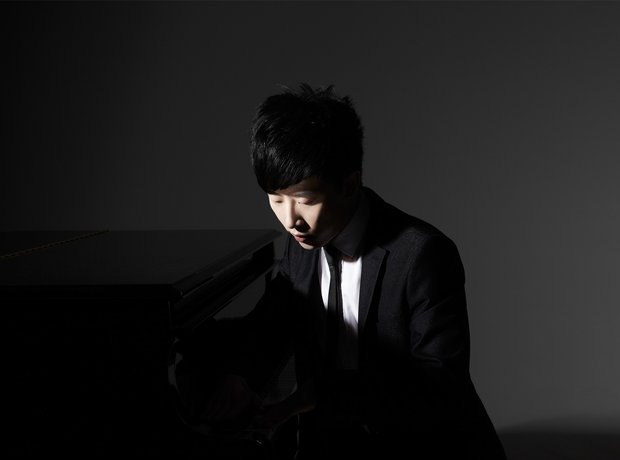
8. Schubert - Standchen (trans. Liszt/Horowitz)
This gorgeous Schubert song is now known as much in its piano reduction as it is in its original vocal format, and so often the romantic nature of the original is lost in translation. Here, though, Liu is able to imbue his performance with something of the original sentiment without the benefit of words.
-
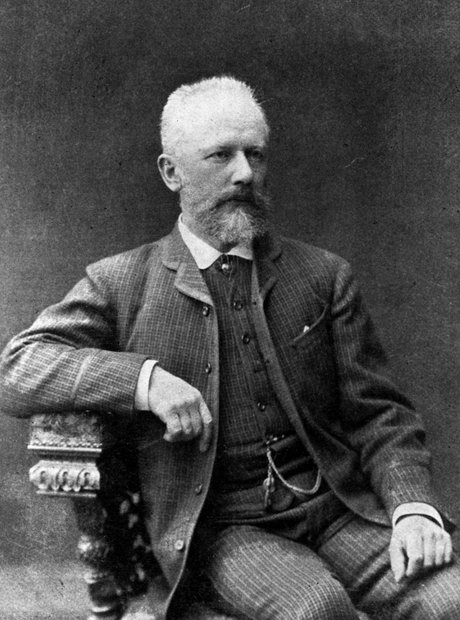
9. Tchaikovsky - The Seasons, June: Barcarolle
Tchaikovsky's Seasons might not be as well known as Vivaldi's, but there's still some beautiful characterisation here, with the summery, lazy tone seeping through the whole movement.
-

10. Wencheng - Autumn moon over the calm lake
Considered a legend of Cantonese music during his lifetime and today, Lü Wencheng was a pioneer of his own very distinctive style of keyboard flurries, something that Liu deals with effortlessly on this irresistibly pretty number. It's a great palate-cleanser at this point in the album, getting you in the right mood for what's still to come…
-
-

11. Debussy - Suite Bergamasque, Prelude
One of Debussy's true masterpieces, the Suite Bergamasque is a real rite of passage for any rising pianist. It calls on so much technical expertise, but the real challenge is capturing that essence of freedom that impressionism demands.
-
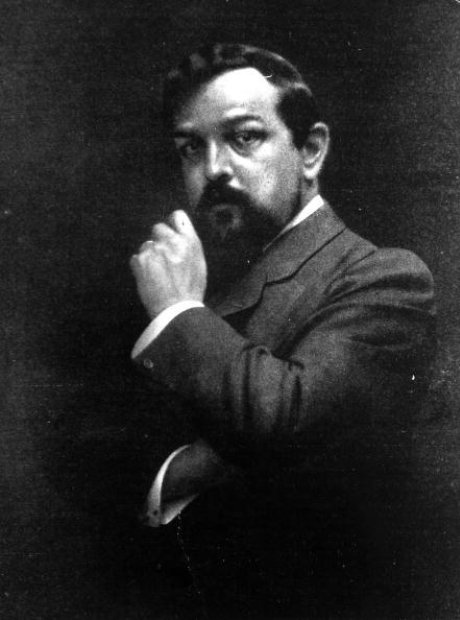
12. Debussy - Suite Bergamasque, Menuet
This dreamy number is played with deftness by Liu, dashing off those tricky runs as if they're nothing.
-
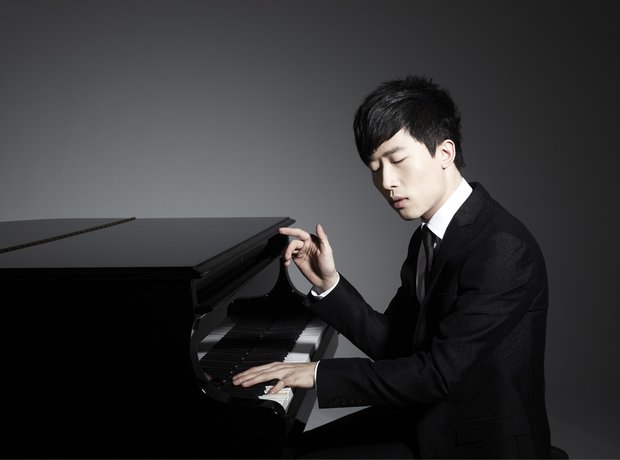
13. Debussy - Suite Bergamasque, Clair de lun
Without doubt the most famous movement of the Suite Bergamasque, this is another bold choice of programming that immediately goes up against some of the greats of the piano world. Liu, though, seems ready for the challenge and is fully capable of bringing new light to this long-established favourite.
-

14. Debussy - Suite Bergamasque, Passepied
The Passepied is perhaps the most traditional movement of the Suite Bergamasque, and this interpretation sees Liu playing with the tempo delightfully - a very mature take on one of Debussy's straighter compositions.
-

15. Saint-Säens - Danse Macabre
Another favourite in its orchestral version, here it's given no less clout and spooky verve in the piano reduction, proving that Liu is thoroughly capable of milking a popular piece for all its nuance and bringing a fresh perspective .







